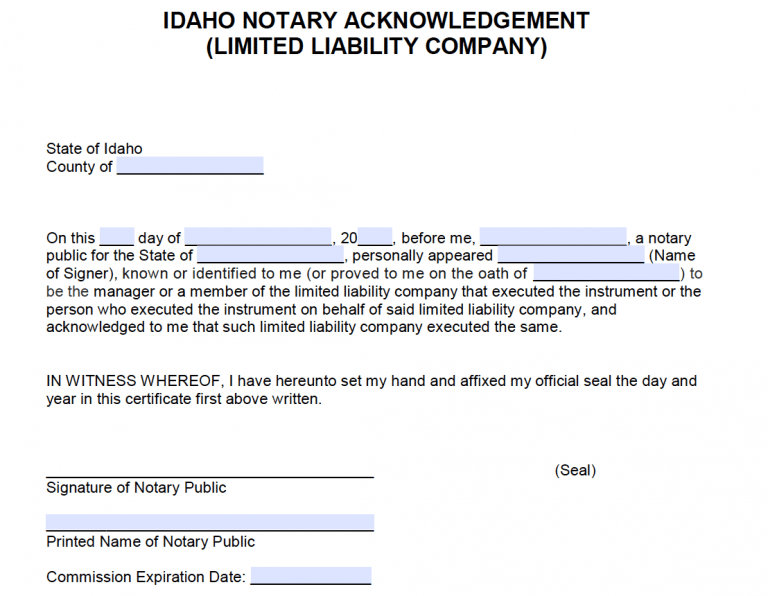
Another way to change a will is to make a codicil (a supplement) that must be executed (signed and witnessed) just like the original will was. One way to change a will is to revoke the will and make an entirely new will. However, some attorneys are video taping the signing and witnessing of a will to help demonstrate that the testator was of sound mind and not under undue influence.Ī will can be changed or revoked during the maker’s lifetime, as long as he or she remains competent. Verbal or video taped wills are not legally recognized by Montana law. When devise is used as a verb it means to dispose of real or personal property by will.Ī person eighteen (18) or more years of age who is of sound mind and not under undue influence may make a written will. A devise, when used as a noun, is real or personal property given to another by will. A devisee is a person designated in a will to receive real or personal property. A person who dies without leaving a will dies intestate. When a person dies leaving a will, he/she is said to have died testate.

A person who makes a will is called a testator. Being familiar with legal terms makes a will easier to understand. The language of wills may seem complicated to a person who has never had one. This MontGuide defines some of the legal terms used in wills and answers questions that are often asked about wills. Only upon death, and validation by the District Court, does a will disposing of the testator’s property become effective in carrying out the plans and wishes detailed in the will. By making a will, an individual can decide who shall receive his or her property, how much each shall receive, when they shall own it and, to some degree, what they can do with it.Ī will has no effect during the testator’s lifetime.

A will is the blueprint that guides the district court in the distribution of an estate.

A will is a written document that describes how its maker wants property distributed after his or her death.


 0 kommentar(er)
0 kommentar(er)
